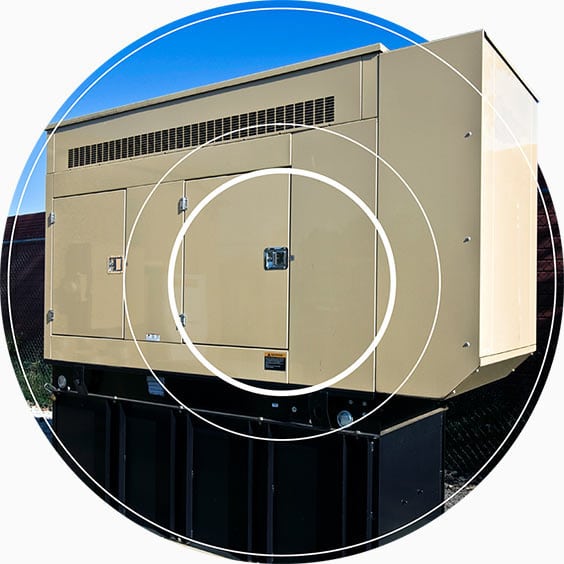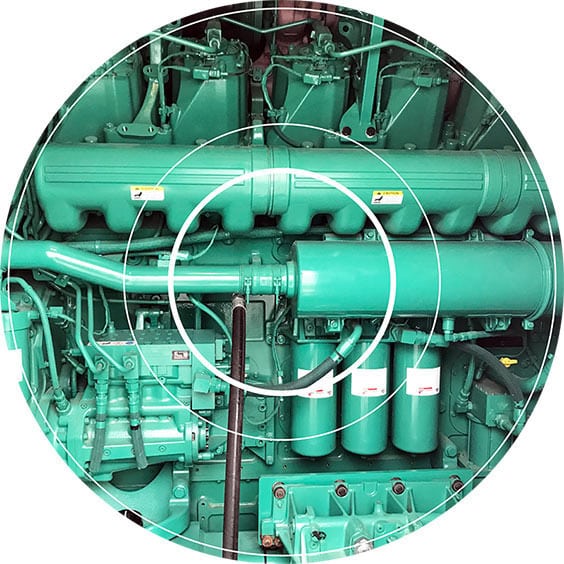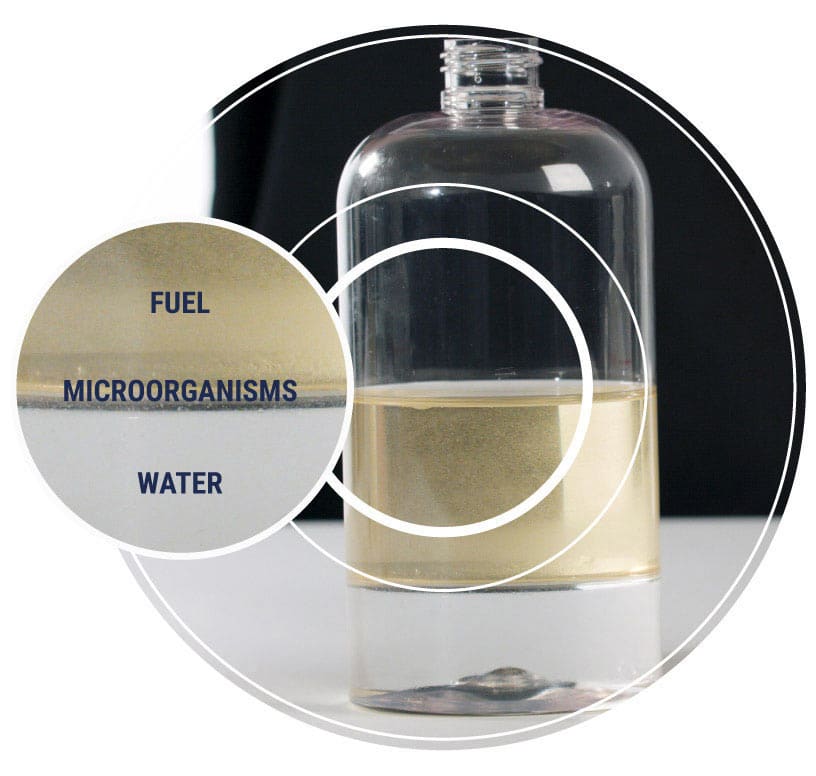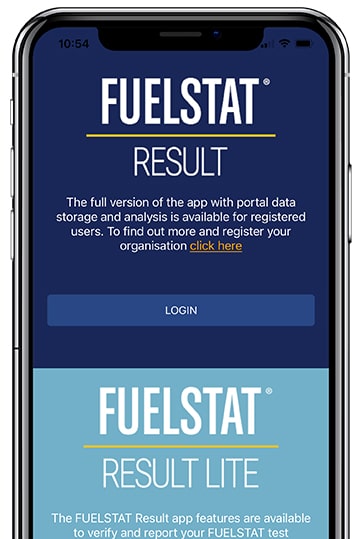FUELSTAT®: The 15-minute Diesel Generator Fuel Testing Kit
What options are available for
backup power generator fuel testing?
There are three main methods available for diesel generator fuel testing.
We have distributors around the world and can offer next-day delivery to most locations.
Ideally you should follow the regulations of any governing bodies in your country. British regulators, for example, require generator fuel to be tested four times per year.
If there are no standard requirements for regular testing in your country, we would recommend that you still test four times per year. This is recommended by BS 5410-3:2016 if no fuel polishing is used. If you are using a fuel Polishing system, it is recommended that you test the tank twice a year.
Regular testing is particularly important for hot countries, where high temperatures and humidity provide an excellent breeding ground for microbial contamination.
In times where risks of power emergencies are higher, frequent testing can also give you greater certainty that your generators will be ready.
Absolutely. In hospitals, fuel is often left in generators and fuel tanks for many months without being used or changed. Microbial contamination can grow to dangerous levels in that time, and in extreme cases, the resulting corrosion can cause fuel leaks.
FUELSTAT® allows hospital staff to perform quick, easy fuel checks as part of their scheduled maintenance routines. This enables you to detect microbial contamination in its early stages and make informed decisions around solving the problem.
In addition, FUELSTAT® tests can be carried out by an individual person from the hospital team. Hospitals can therefore avoid multiple people coming into the premises or having several individuals handle the fuel during the testing processes.
The process is very simple and can be completed by anybody with a steady hand. We provide full training to your team, either in-person or through our existing instructional videos. It’s as simple as 1 2 3 – Test – Result – Report.
If you want to test your fuel for other contaminants (besides microbial contamination), using a third party maybe be convenient.
However, if you only want to test for microbial contamination, using a third party isn’t necessarily the right choice. Many organisations still test using traditional methods that are more complicated than immunoassay antibody testing, requiring the fuel to be transported off-site and treated as a hazardous material.
ASTM D6469 – 14, Para 8.3 – 8.6, Standard Guide for Microbial Contamination in Fuels and Fuel.
Systems section – advises:
It is recommended that ideally testing should be completed on site within a few minutes of sampling. Recognising that this is not always possible, it states that samples should be kept on ice in transit and tested within 4 hrs but no longer than 24 hrs after sampling. Samples stored at higher temperatures, or for longer times, can show the presence of microbial contamination that does not represent actual fuel system conditions.
By using an immunoassay antibody testing kit, you can cut out the middleman and manage the entire testing process on-site yourself. That means potentially saving a lot of time and money, while reducing the number of people that come into contact with your generators, fuel, and surroundings.



